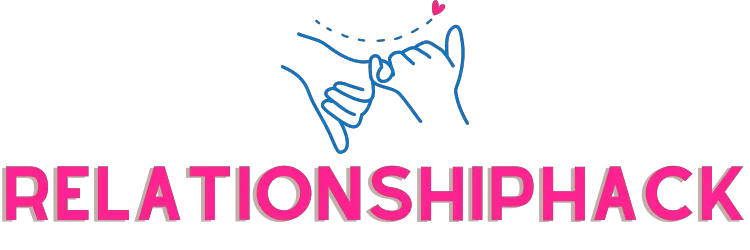Linda Graham, MFT looks at the benefits of doing something scary every day which can build the brain’s capacity for resilience.
The scary things we could choose to do each day could vary quite a bit from person to person or even for ourselves from one day to the next. Choosing to go through our records to prepare for an IRS audit would feel pretty scary on any day, but some days just checking our bank account to see if we have enough money to go to the grocery store is plenty scary for that day. Some days we’re scared but determined to ask the boss anyway for extra time off around a holiday; other days just checking voice mail to see who called (or if no one called!) is the scary thing.
Why would deliberately choosing to do one scary thing a day be good for you?
- There’s an immediate benefit when you do one scary thing a day. You get to check one more thing a day off the To Do list, scary or not. For those of us who relax a bit when we see ourselves getting through a list, that relaxation can be very real. We return to a state of calm equilibrium in the body-brain, which in turn makes it possible to reduce our fears further about anything else scary. Even more precious than feeling good about ourselves for getting through the list is feeling wholesomely proud of ourselves when we’ve faced a fear and walked right through it. We get a hit of self-approval that can be very useful to us as we continue to face the rest of our day.
- In the short term, by chunking down a big task that really scares you into smaller, more manageable chunks that scare you a little bit, and doing those little scary things every day, you might actually get the bigger, scarier task done. A client of mine wanted to go to law school – a big decision to commit to three years of hard work, only to graduate $100,000 in debt and then search for a job to commit to working even harder. By chunking the task down – talking to a brother-in-law who had made a similar move three years ago, looking at one potential law school brochure a day for 15 days/schools worth, researching dates to take the LSAT, choosing a date to take the LSAT, etc – over two months time he managed to apply; continuing the practice for the next six months, he began his law school classes with far more confidence and trust in himself than when he had started.
- In the intermediate term, we can begin to make headway against old automatic habits of procrastination, avoidance, distraction, denial, which carry their own cascading costs down the line. We begin to re-wire the habits of our brains so that it become more natural (this can truly happen!) to show up, give it a try even if we don’t exactly know what we’re doing or what might happen if we make a mistake. Creating a new habit of “learning to find ease in risk,” as the poet John O’Donohue would say, can become the new “unconscious competence.”
- Over the longer term, every time we succeed at doing one scary thing today, we are creating a bank of “memories for the future” in our brain’s explicit memory system. “I’ve done scary things before; I can do them again now.” We can then intentionally draw on those memories to help us get through the next scary thing today. That is building out the brain’s capacity for resilience.
- Over the long haul, doing one scary thing a day is a path to cultivate feeling better about ourselves for the rest of our lives. The nag at our sense of self when we know we’re blocked by fear really does erode our sense of self-esteem over time, and not so subtly either. Our sense of competence begins to shrink; a healthy sense of pride begins to disappear.
When we choose to do one scary thing a day, every day, no matter what, our sense of pride and self-esteem begins to recover and fill out. It’s not the size of the thing we choose to do that matters so much, or whether it’s scary to anybody else. It’s that we choose to face a fear and do what needs to be done anyway. Deeply in our brains, we’re re-wiring a sense of ourselves as competent, as courageous, as resilient. The practice creates the experiences which, over time, gel into a conviction that we are a noble, worthy, valuable human being.

